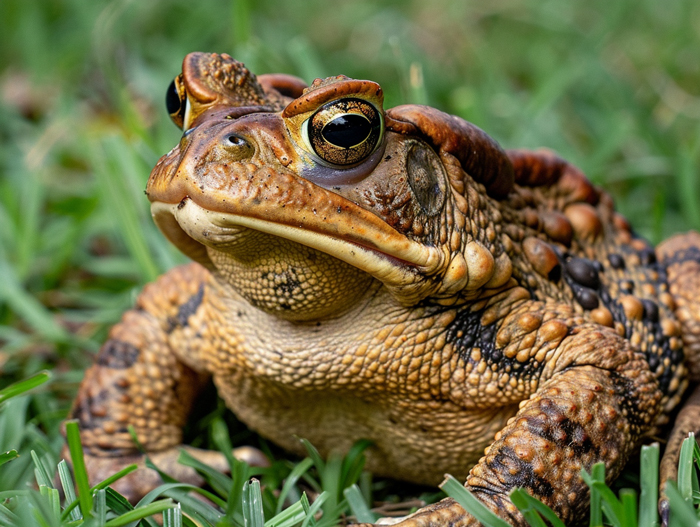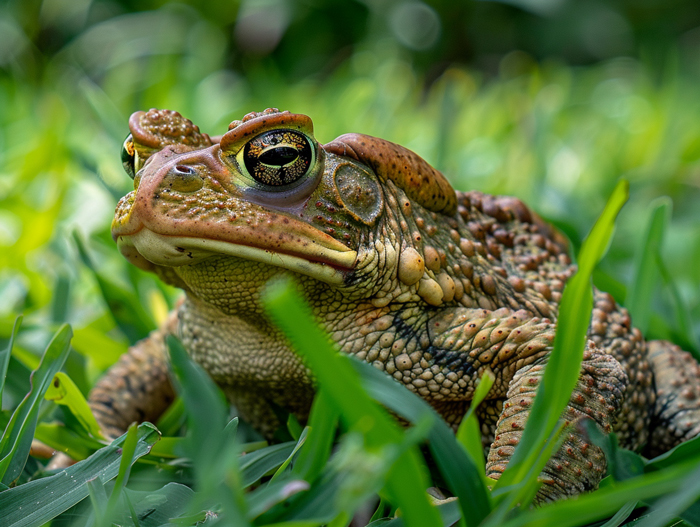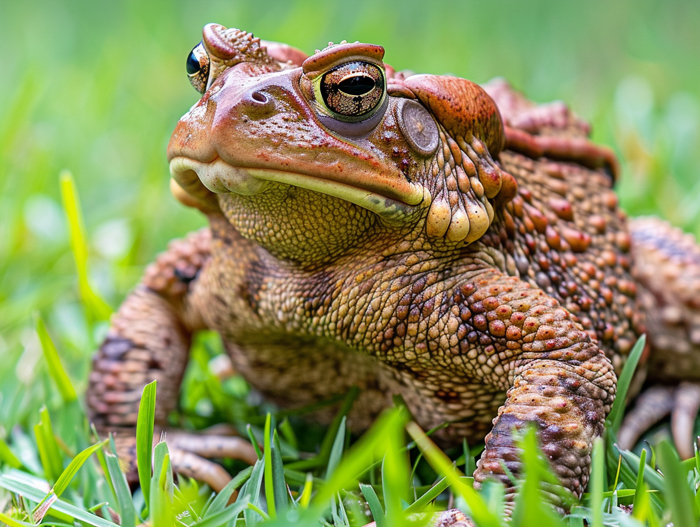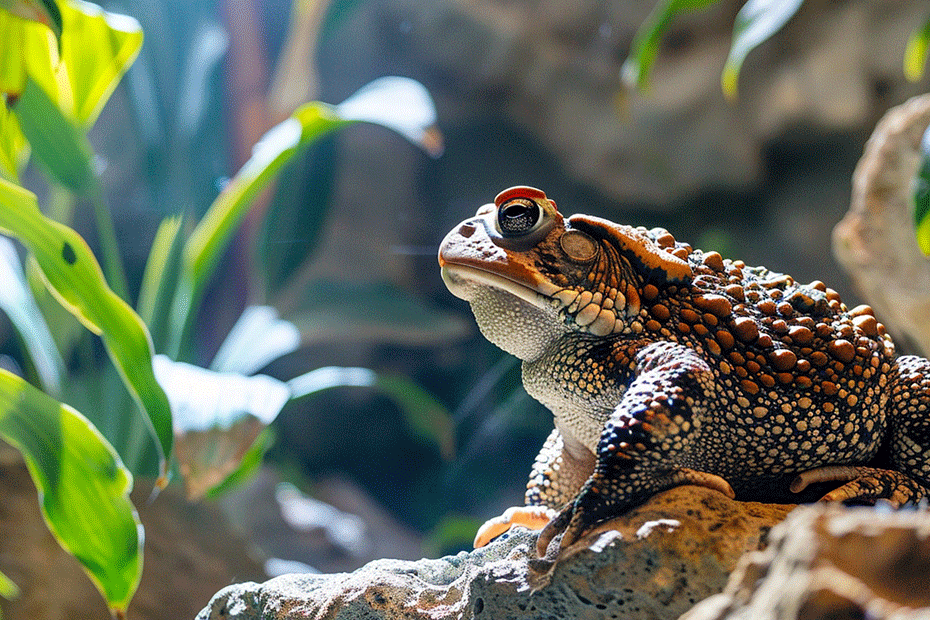Tired of toads invading your space? In this text, you’ll discover effective methods to keep these amphibians away from your home and garden. From natural repellents to preventative measures, we’ve got you covered.
Toads may be beneficial for your garden, but too many can become a nuisance. By implementing the strategies outlined in this guide, you’ll be able to deter them without causing harm. Say goodbye to unwanted toad visitors and hello to a toad-free environment with our expert tips.
Key Takeaways
- Toads can be deterred effectively from your space by implementing preventative measures such as limiting moisture, minimizing hiding spots, and reducing outdoor lighting.
- Understanding common toad species like the American Toad and Fowler’s Toad can aid in implementing successful deterrence strategies.
- Natural repellents like marigolds, lavender, and rosemary, along with garlic and chili pepper mixtures, can help keep toads away.
- Utilizing humane trapping techniques, such as using upturned flower pots as shelters and constructing ramps in buckets, can safely remove toads from your environment.
Understanding Toads

Identifying Common Toad Species
- American Toad: Found in various habitats, identified by warty skin and a prominent gland behind the eye.
- Fowler’s Toad: Smaller than the American Toad, often seen near sandy areas, with three or more warts in each dark spot.
- Nocturnal Creatures: Toads are most active during the night, preferring the cooler temperatures.
- Insect-Eaters: Toads feed on insects, slugs, and worms, aiding in natural pest control in your garden.
Preventing Toad Infestations

Removing Attractants
- Limit watering schedules as toads are attracted to moisture.
- Keep your yard tidy to minimize hiding spots.
- Reduce outdoor lighting as toads are nocturnal.
- Fix gaps in fences and seal cracks in walls to prevent toad entry.
- Use screens on windows and doors to keep toads out.
- Maintain a well-kept garden to deter toads from seeking shelter.
By implementing these preventative measures, you can create an environment that is less appealing to toads.
Safe Removal Methods

Natural Repellents
To deter toads naturally, plant marigolds, lavender, or rosemary in your garden.
Sprinkle a mixture of garlic, chili pepper, and water around entry points to keep toads at bay.
Consider installing a barrier of gravel, crushed eggshells, or pine mulch to discourage toads from entering.
Humane Trapping Techniques
Use upturned flower pots as shelters for toads and relocate them to a more suitable habitat.
Construct a ramp in a bucket with a tempting food source to trap and release toads safely.
Check traps daily and release captured toads in a damp, shaded area away from your home.
By following these methods, you can effectively manage and remove toads from your surroundings.
Conclusion
You now have a comprehensive understanding of how to keep toads at bay and create a toad-free environment around your home and garden. By implementing the natural repellents, preventative measures, and safe removal methods discussed in this text, you can effectively manage and remove unwanted toad visitors. Remember to maintain a tidy yard, limit watering schedules, and use strategies like planting specific plants and using humane trapping techniques to deter toads from seeking shelter on your property. With these strategies in place, you can bid farewell to toad infestations and enjoy a pest-free garden. Stay proactive in your approach, and you’ll successfully keep toads away from your living space.

Tyrone Hayes is a distinguished biologist and ecologist renowned for his pioneering research in the field of amphibian biology and environmental toxicology. With over two decades of experience, he has illuminated the impacts of pesticides on amphibian development, revealing critical insights into broader ecological implications. Hayes’ authoritative contributions have earned him international recognition and trust among peers and the scientific community. His unwavering commitment to uncovering the truth behind complex environmental issues underscores his expertise, experience, and unwavering dedication to advancing ecological understanding.
